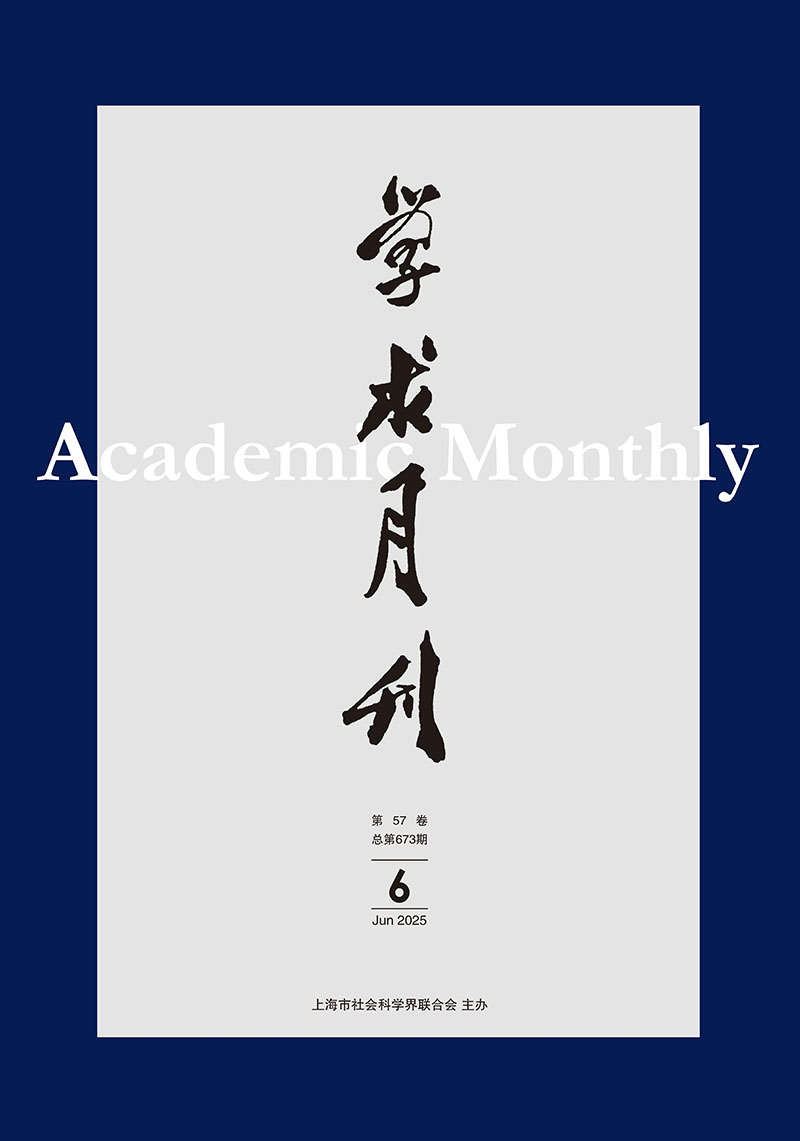The Evolution of Zeng Guofan's Image and Knowledge Production in Modern Times
Abstract: Zeng Guofan was a renowned late Qing politician, strategist, and thinker, and a representative figure of traditional Chinese Confucian culture. In late Qing and early Republican period, Zeng was portrayed as a "traitor" and "national sinner" who upheld the Manchu rulers by the revolutionaries from the nationalist perspective. In the 1930s, senior Kuomintang officials actively promoted traditional Confucian culture to legitimize their rule, and Zeng Guofan's image was once again constructed as the "defender of traditional culture. " In the 1940s, to counter the Kuomintang's motives in shaping and promoting Confucian culture represented by Zeng Guofan, Marxist historians re-adopted the historical view of national revolution from the late Qing and early Republican period, once again criticizing Zeng as a "traitorous executioner" who suppressed the Taiping Heavenly Kingdom Uprising. In contrast, overseas scholars have evaluated Zeng Guofan differently in various historical periods, but generally tend to portray Zeng Guofan as a "general of national rejuvenation" and a "representative of die-hard conservatives who safeguarded Chinese traditional culture. "The historical evolution of Zeng Guofan's constructed image shows that historical writing has a certain selectivity, essentially being a subjective cognition of objective history, which indirectly reflects the changes in modern Chinese political culture and discourse systems.



 沪公网安备 31010102003103号
沪公网安备 31010102003103号 DownLoad:
DownLoad: